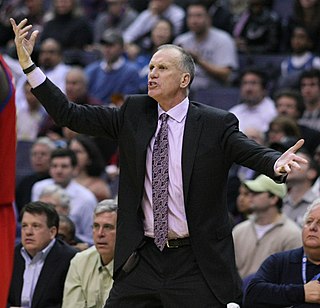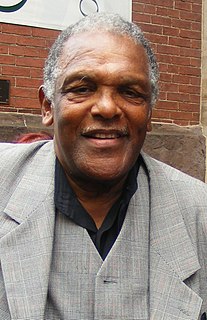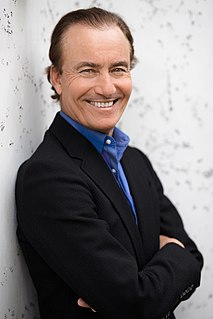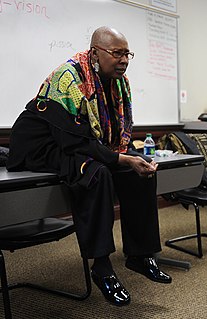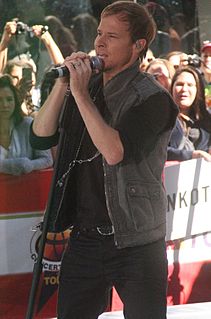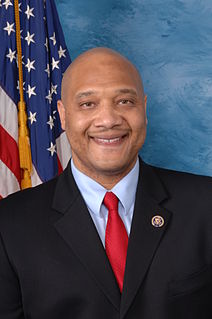A Quote by Bill Belichick
I'm not going to be able to talk about the people who are involved specifically in any ongoing judicial process. We do the same thing with all our players. We take a look, as I said, at their personal family life, we look at the history of what they've done in high school and college.
Related Quotes
I have to throw in on a personal note that I didn't like history when I was in high school. I didn't study history when I was in college, none at all, and only started to do graduate study when my children were going to graduate school. What first intrigued me was this desire to understand my family and put it in the context of American history. That makes history so appealing and so central to what I am trying to do.
Very few college professors want high school graduates in their history class who are simply "gung ho" and "rah-rah" with regard to everything the United States has ever done, have never thought critically in their life, don't know the meaning of the word "historiography" and have never heard of it. They think that history is something you're supposed to memorize and that's about it. That's not what high school, or what college history teachers want.
Teenage girls, please don’t worry about being super popular in high school, or being the best actress in high school, or the best athlete. Not only do people not care about any of that the second you graduate, but when you get older, if you reference your successes in high school too much, it actually makes you look kind of pitiful, like some babbling old Tennessee Williams character with nothing else going on in her current life. What I’ve noticed is that almost no one who was a big star in high school is also big star later in life. For us overlooked kids, it’s so wonderfully fair.
As I look back on the day I signed my professional contract in 1973, I've never gone to sleep wondering if I could pay the bills or take care of my family. That's what basketball has done for me. It's given me the greatest of thrills from high school to college to the Olympics to coaching to broadcasting.
I hadn't really thought about going to college. Nobody in my family went away to school. The other piece of that was I didn't see anybody else in my hometown going to college to give me some kind of influence or something like that you might want to think about. I didn't see any of that. Therefore I thought it was never there. What happened was that my high school coach intervened. Had he not intervened to the measure he intervened, I probably wouldn't have gone.
When you are organizing a group of people, the first thing that we do is we talk about the history of what other people have been able to accomplish - people that look like them, workers like them, ordinary people, working people - and we give them the list: these are people like yourself; this is what they were able to do in their community.
If you look at the New York Times, it says X; if you look at the Washington Post, it says the same thing. And if you turn on any television newscast it's the same thing you already heard, that's research. And that's one of the ways it's done. Authority ends up being imputed simply because of volume. I mean, all of these different news organizations reporting the exact same thing.
My wonderful editor, Jackie Onassis, asked me to write a book that I wanted to write. I said, 'Look, it's not going to be scandalized. I'm not going to talk about anybody like a dog. I'm going to say the positiveness of my life, and talk about those who have contributed to the way I've been going, and that's that.'






